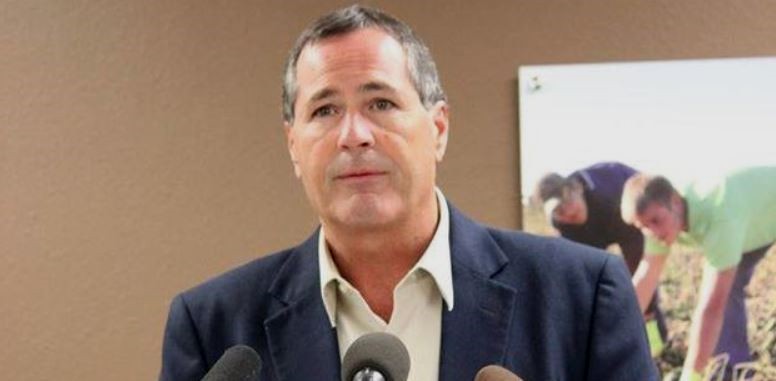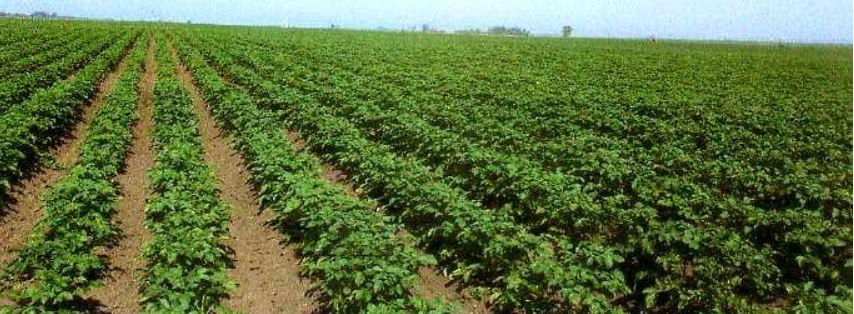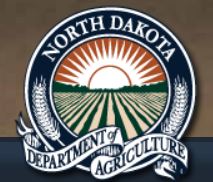
North Dakota farm commissioner also visited Cuba
[The following account appeared last week in The Dickinson Press of Bismarck, N.D. Because of the interest created by this week’s visit to Cuba of Agriculture Secretary Tom Vilsack, Progreso Weekly reproduces it here.]
BISMARCK, N.D. — Though major challenges remain, North Dakota can become a major source of the high-quality food that Cuba needs, say members of a state delegation that recently visited the island nation.
“I’m encouraged by what we saw and learned,” says Agriculture Commissioner Doug Goehring, who led the 14-person delegation that spent three days in Cuba [in late October.]
He and others on the trip, which included officials with the Bank of North Dakota, Northarvest Bean Growers Association, North Dakota Grain Growers Association, North Dakota Trade Office and North Dakota Wheat Commission, held a news conference [Nov. 2] in Bismarck.
North Dakota is a major producer of edible beans and wheat, both staples of the Cuban diet.

The U.S. had a decades-long ban on trade with communist Cuba, which had relatively little economic and technological advancement in the past half century.
Mark Formo, a Litchville farmer and president of the North Dakota Grain Growers Association was on his his first trip to Cuba.
Visiting Cuba today is like “taking a trip back in time,” Forum told Forum News Service.
Formo, who took time off from his own corn harvest to visit Cuba, said he saw oxen plowing fields and empty supermarket shelves.
Even so, Goehring said he saw many subtle changes, including modern yellow taxis, since his last trade mission to Cuba in 2010.
“They’re evolving,” he said. “There’s transformation taking place.”
 The changes include small steps toward a free market, said Eric Hardmeyer, president of the Bank of North Dakota.
The changes include small steps toward a free market, said Eric Hardmeyer, president of the Bank of North Dakota.
He met three Cubans who own restaurants that opened within the past few years. He also went to a farmersí market, the first one in their country in 40 years.
“It was very rudimentary at its core, but it was the beginning of the free market,” he says. “They have a long way to go.”
By all accounts, Cuba has little cash with which to buy imported food, increasing its need for credit. For now, the Bank of North Dakota has no export programs to help.
“That would take some investigation and working with Congress, the state Industrial Commission,” Hardmeyer said. “But if there is a way the Bank of North Dakota can provide an opportunity for exporters to provide products to Cuba, BND would certainly like to play a role in that.”
The trade trip reflects the importance of “building relationships,” Goehring said.
“It’s not about displacing food in their food system as much as it is about incorporating food into their food system to enhance the value, the nutritional value, the shelf life, the texture, the taste. And they did find that intriguing.”
He has invited Cuban officials to visit North Dakota to learn more about its ag products. He’s uncertain when a reverse trade mission might occur, however.
[From The Dickinson Press, N.D.]
(Photo at top of Doug Goehring, North Dakota’s Commissioner of Agriculture.)

